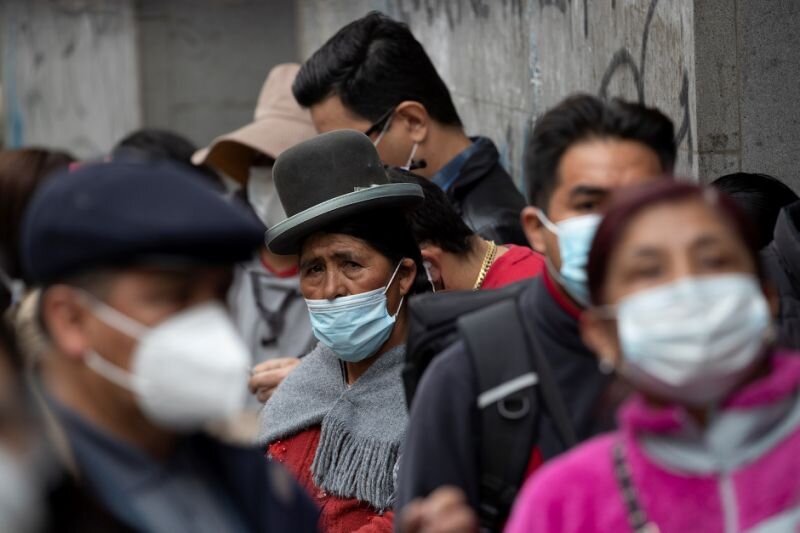Sunday, October 18 was the first time in 18 years that former President Evo Morales was not running for re-election in Bolivia. It also was the first time that indigeneous independent candidates were running for President. According to Alex Villca, spokesperson for the National Coordinator of Indigenous Peasant Native Territories and Protected Areas (Contiocap), Evo Morales and his party “favored some native peoples over others.”
Alex Villca then stated “"When we talk about Bolivia, it is associated with the highlands and it seems somewhat hegemonic, as if they were only Quechuas, Aymara and even the Guarani. It is not understood that there are many other nations and indigenous peoples that inhabit the Amazon basin. The Amazon basin represents at least 70% of the national territory, and our Quechua and Aymara brothers live in the remaining 30%.”
He raised concerns about all the candidates: “"We do not see in the proposals of these parties in a forceful and concrete way include the issue of indigenous peoples, protected areas and the environment. It is very superficial," he added. The Contiocap spokesperson admitted that when Morales came to power in 2006, "the majority of indigenous peoples hoped that Evo Morales, an Aymara ethnic group, could truly leave behind more than 500 years of marginalization and systematic exclusion. to indigenous peoples ". However, he considered that, during the MAS government, native peoples have been violated in their "fundamental rights." "If the MAS candidate returns to power, for us it implies that we are going to experience greater violence," he warned.
You can read the entire article in Spanish here.

